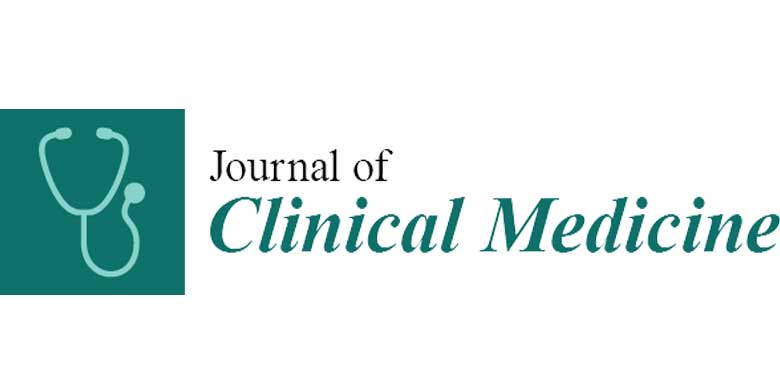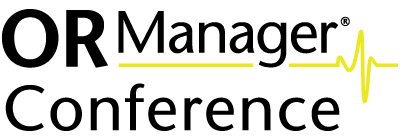
Editor's Note Research presented at the American Society of Anesthesiologists (ASA) annual meeting has found that beta-blocker use is associated with an increased risk of postoperative stroke, particularly among Black and Hispanic patients undergoing noncardiac surgeries, Medpage Today reported October 20. According to the article, the retrospective study analyzed the…

Editor's Note Music-based interventions administered preoperatively, intraoperatively, and postoperatively can significantly reduce postoperative opioid use and improve mood in patients undergoing same-day surgeries, according to research published October 15 in the Journal of Clinical Medicine. The single-center, prospective, randomized controlled trial evaluated 75 patients aged 18 to 80 who received…

Editor's Note Poor sleep quality in the month leading up to surgery could increase the risk of postoperative delirium, according to research presented at the Anesthesiology 2024 annual meeting, hosted by the American Society of Anesthesiologists (ASA). An October 15 report in NewsWise has the details. According to the article,…

Editor's Note New guidance from The Association for the Advancement of Medical Instrumentation (AAMI) addresses regulatory and safety concerns for hospitals using ethylene oxide (EO) for medical device sterilization—a pressing concern due to EO’s effectiveness but associated health risks. ANSI/AAMI ST58:2024, an update on chemical sterilization and high-level disinfection practices…

Editor's Note Disrupting traditional education is imperative to improve quality, retention, and safety in OR and SPD environments, said Hank Balch, Founder and President of First Case Media, in a Wednesday morning session at the 2024 OR Manager Conference. Balch described his overall vision for education as ensuring that “the…

Editor's Note Focusing on mentorship programs and continuous learning, Amy Bethel, MPA, BSN, RN, NE-BC, offered advice for attracting and retaining talented nurse leaders Tuesday afternoon at the 2024 OR Manager Conference. Good leaders often share core qualities, and style matters, said Bethel, who is nurse educator with OR Manager.…

Editor's Note In this session focused on the roles and responsibilities of a business manager in the perioperative environment, Blas Brown, Jr, MBA, business director of perioperative services at MedStar Washington Hospital Center, emphasized the importance of technical and interpersonal skills. Specifically, he said, being business savvy is key to…

Editor's Note Between 2025 and 2029, US college enrollment is expected to drop by 15%, reflecting a decline in the perceived value of college and a rise in trade careers. Alongside other educational challenges and what Stephanie Woods, PhD, RN, referred to as the “demographic cliff”—rising death rates, slowing birth…

Editor's Note A standing-room-only panel discussion outlined the strengths and challenges of multigenerational workforces Monday afternoon at the 2024 OR Manager Conference, offering insights into different generations' needs and values as well as strategies for fostering harmony. The panel, all from Main Line Health’s Lankenau Hospital, contained a representative from…

Editor's Note Mental health educator Sheila-Robinson Kiss, MSW, LCSW, led OR Manager Conference attendees through an interactive session of strategic life planning during an energetic opening keynote session Monday morning. Titled “The Four Keys to Sustain Resilience - The Power of Safeguarding Your Mental Health,” the session focused specifically on…